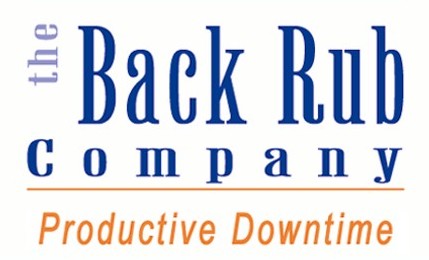A new study shows employees who work overtime are at risk for anxiety and depression.
The Journal of Occupational and Environmental Medicine reports that working overtime is associated with higher anxiety and depression levels. Eleven percent of women who work 41 to 100 hours per week reported depression compared to seven percent who work 40 hours or less per week.
Men who work more than 48 hours per week are at the highest risk. Twelve-and-a-half percent of men who work 41 to 100 hours per week reported depression compared to nine percent who work 40 hours or less per week.
The authors of the study note that working even moderate overtime hours seems to increase the risk of mental distress.
The solution? As more and more is expected of workers during these difficult times, maintaining good health is essential in the workplace. We often see that workplace wellness programs are one of the first employee-benefits to go away, especially during harder financial times. However, without a healthy a vibrant workforce, productivity suffers, increasing hardship on the company.
Even the smallest employee-incentives make a big difference. The American Journal of Health Promotions show for every $1 spent on wellness, employers can get up to $10 back through fewer medical claims, reduced absenteeism, improved productivity and other factors.
For more information on employee-benefits, please visit our website
Subscribe to:
Post Comments (Atom)


No comments:
Post a Comment